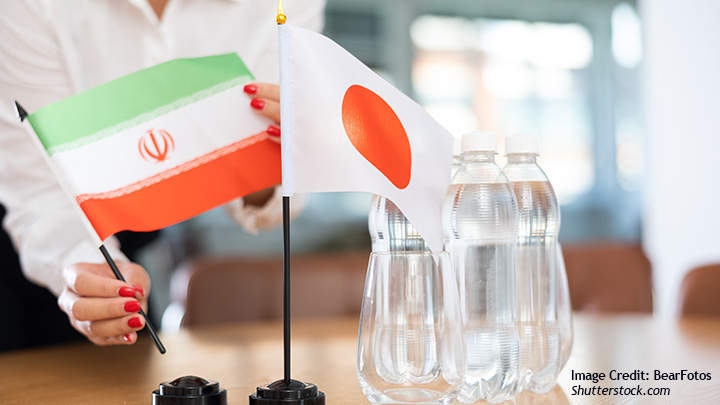Iran’s Interpretation of the Law of the Sea and Japan’s FOIP Strategy

Javad Heiran-Nia
Given Japan’s heavy reliance on maritime routes for foreign trade, its ‘Free and Open Indo-Pacific’ (FOIP) strategy is closely tied to the rule of law at sea, maritime security, and freedom of navigation. Furthermore, due to Japan’s dependence on energy supplies from the Persian Gulf and the critical importance of securing energy transit routes, this strategy also extends to the Persian Gulf region. In this context, Tokyo emphasizes the 1982 UN Convention on the Law of the Sea (UNCLOS) and its own Ocean Policy. Meanwhile, Iran, despite having signed UNCLOS, has not ratified it and implements its provisions selectively. Nevertheless, to achieve its maritime-based economic development goals, Iran requires an interpretation of the Law of the Sea that aligns with UNCLOS. This could create an overlap between Iran’s interpretation of maritime law and the principles pursued under Japan’s FOIP strategy.




